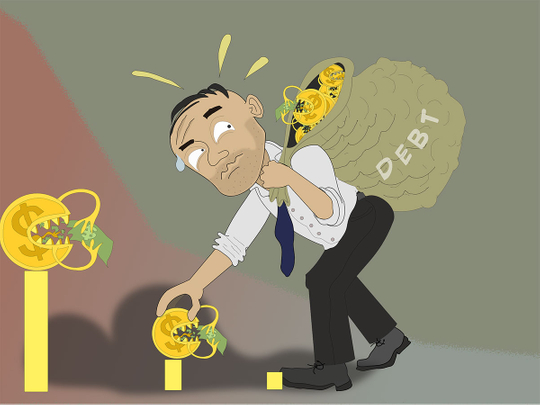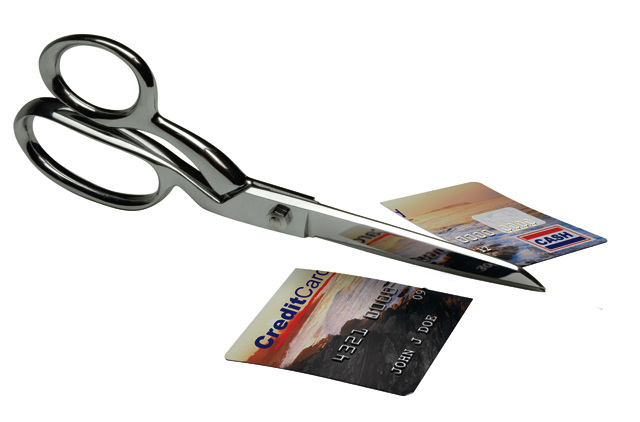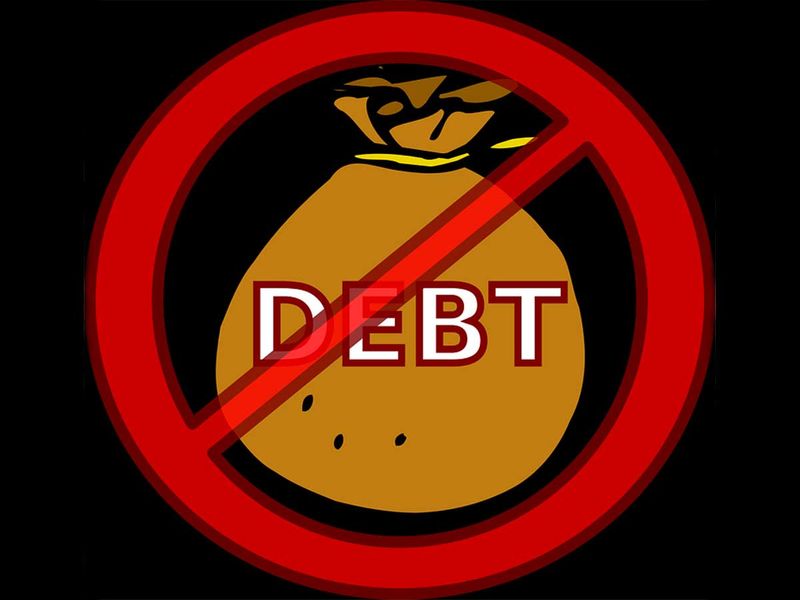
How often have you got your salary for the month only to see it vanishing overnight to pay off your credit card debt? Or have you found yourself borrowing from friends just a couple of weeks into the month?
Much as you would hate to admit the fact, you are possibly in a debt trap.
Living it up comes at a cost
Flashy cars, shopping binges and retail therapy in its many avatars are readily available here in the UAE, with trending malls and ease of access to credit cards making for innumerable avenues to splurge.
But as the initial shine vanishes and reality sets in to show you the errors of living large, mounting bills and bad loans will take a toll on your life professionally and personally.
If spending habits further spiral out of control, many then resort to applying for more cards to fund their existing cards.

Managing debt overseas
If you do obtain credit facilities in your new country, it is not advisable for an expat to use them to run up significant levels of debt.
As an expat it can take several years to establish a good credit rating abroad and this can then be ruined by non-payments.
If you do obtain credit facilities in your new country, it is not advisable for an expat to use them to run up significant levels of debt.
If you do need to use a credit card try to use it for relatively small amounts which can be paid off each month. Paying the full balance should mean that little or no interest is charged to your account.
Making only minimum payments, on the other hand, is likely to greatly increase the time taken to pay of the debt and substantially increase the amount repaid due to interest charges.
This is increasingly common in some Middle Eastern countries due to sudden changes within workforces and regulations requiring workers who lose their jobs to leave the country within a certain time period.
It may be that some people just do not have the chance to pay what they owe, but abandoning debt often causes more problems than it solves.

For example, if you decide that you would like to return one day you may find that visas are refused due to the unpaid debt.
If you do find yourself in a country without work and have to leave it is better to negotiate a repayment plan rather than ignoring the debt.
It is better to deal with the issue of debt instead of ignoring it. There are a number of debt advice agencies in most countries that can help you to manage debt and arrange suitable repayments.
It may be tempting to use a company which advertise that they can reduce your debt to almost nothing, but these companies do charge fees and you can achieve similar results with the help of a free debt advisory service.
Options for repaying debt include offering the creditor a small, fixed amount each month.
Many will allow you to do this as it is better for them to receive a little money than nothing at all and if you are using the services of a debt advisory agency then they may be more inclined to allow you to do this.
Options for repaying debt include offering the creditor a small, fixed amount each month.

This is even if you choose to move abroad, as you may have to provide proof from your home country that you have a good credit rating in order to obtain credit elsewhere.
If you have debts that are unpaid in your home country and then choose to return then you will find it very difficult to obtain credit again and this will have an effect if you try to apply for a mortgage or credit card.
So what are the takeaways to managing debt overseas and at home?
• Best not to stretch yourself too far when applying for loan
When applying for a large loan such as ones for a car or a house, it is often best not to stretch yourself too far.
The lender will advise how much you can borrow based on income and outgoings, but expats moving to take up the offer of a new job are in an inherently risky situation.
When applying for a large loan such as ones for a car or a house, it is often best not to stretch yourself too far.
Buying a smaller, cheaper property gives you some room to maneuver should the job fall through and you are forced to look for alternative employment in a hurry, possibly with a lower salary.

• As soon as debt becomes unmanageable it is a good idea to get help
Ignoring the problem won’t make it go away, in fact it just makes things worse as interest charges and late payment fees can add up very quickly.
Ignoring the problem won’t make it go away, in fact it just makes things worse!
Getting help in the beginning means that there is less chance of creditors filing bad debt claims against you, so even if you struggle to make payments your credit rating will not be adversely affected.
Even if you realise that you are deep in debt, planning about how you can manage it without losing your sanity may prove difficult at first.

However, it is important that you know that ignoring the situation and hoping it will disappear on its own is counter-intuitive, you must map out a clear plan of action.
Start by creating a budget that outlines all of your income and your monthly expenses. This will help you map how much you have available to spend, and how much debt you can you can afford to take on and repay.
Make a complete list of all your debts: loans, credit card, cash payments, interest rates, miscellaneous expenses, and know the exact value of your total debt.
Prioritise your debts in order of importance, work out the maximum you can afford to repay every month or week, as the case may be, draw up a repayment schedule and stick to it.
Regular repayments are critical in order to maintain a healthy credit rating as an expat.
A general rule of thumb is to spend no more than one-third of your income on debt—including credit cards, and loans (e.g., car loans, student loans, and lines of credit).
TIP: If it’s helpful, track your spending to make sure that you’re staying within your monthly budget.

There was an instance where a Dubai Filipina paid off Dh1.7 million debt with Dh15,100. Gulf Law Director Attorney Barney Almazar worked with Andrea to arrive at a settlement with the bank. Read more about it in the article below.
Some general tips to come out of debt:
• Financial planning is important. Live within your means, understand the difference between what is necessary and what is not.
• You can buy rice for Dh5 and Dh10. Buy the kind that you can afford without touching your savings. Find a house where you can afford the rent.
• Try to save at least Dh1 a day, slowly you will save more.
• Calculate your expenses ahead and save the rest. Do so in advance, before you start spending for the month.
• Stay away from deals and offers. They may attract you but buy things only when you need them.








